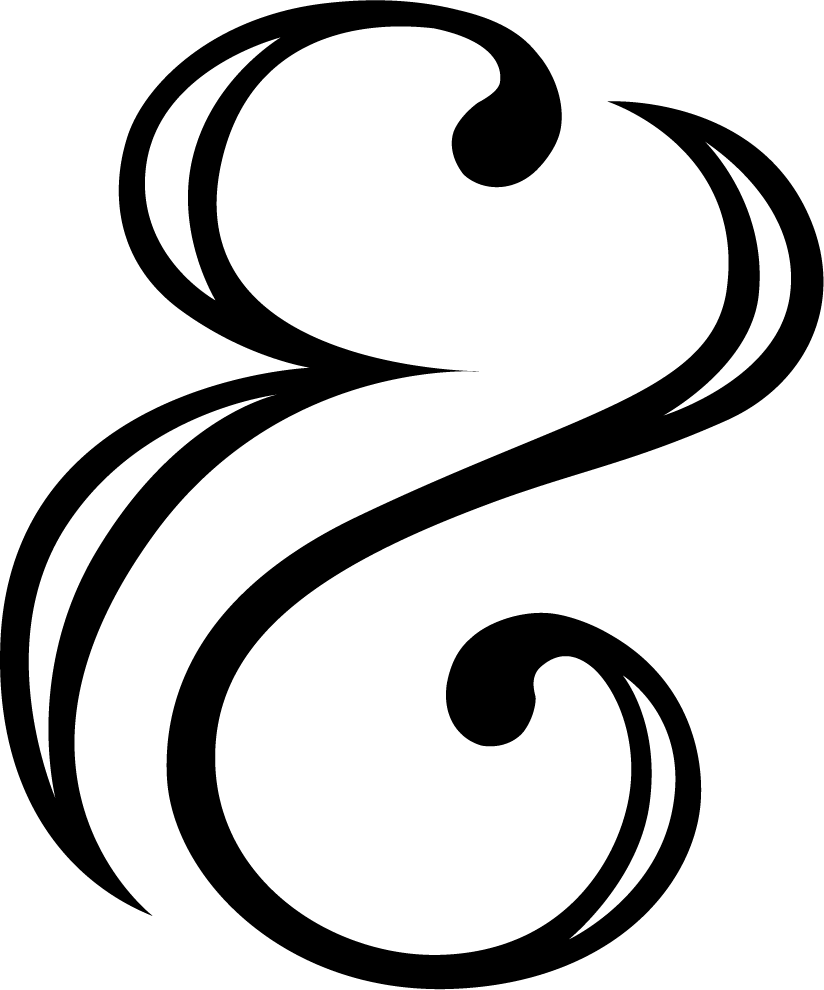Do you have anxiety? Read this.
So much of the time I find that social discussion on anxiety (the few ones that exist) are heavy while at the same time approaching it as if we're gently trying to not break delicate glass: we either don't want touch it or look really uncomfortable and awkward doing it.
I believe this exists becomes it comes from this old myth that anxiety (and the entire discussion of emotional health) is a sign of weakness, and since no one wants to be perceived as weak (because it's seen as the opposite of confident, capable and successful, which everyone would way rather be seen as) we avoid talking about it and don't want to draw attention to it.
That'd be great if that actually worked to alleviate anxiety, but it doesn't.
When we do get in to those conversations about anxiety, here's what I notice: we try and fix it. We try and fix it because we care, we want to take away the suffering we or someone else is having, and because we're uncomfortable. We fix it so we're not weak and can go back to feeling "good".
Since the root of anxiety is fear, we look to fix the fear by proving the fear wrong, such as:
- looking at the facts of the health concern someone is facing to prove the chances of it happening are .000001%
- we seek confirmation from loved ones that we didn't do something wrong.
- we look to other people to tell us not to worry.
When I used to be in the throws of being anxious for months on end, it was the worst if I confided in someone and they too thought I should be worried (or made the really rational suggestion that I go to a doctor, because my anxiety was always health related). Eventually I started telling a couple close friends it was anxiety, and that I was going to tell them my concern and what they were to say back to me was, "you're worrying over nothing, you're fine."
But the thing with fears and anxiety is that it's predicated on a belief that something bad will happen to us. Anxiety has a tricky way of making the fear seem as if it is *so* real, and loves to find evidence to prove that it is ("see? I found this news article that said it happened to someone else so it may happen to me").
In our attempts to fix the anxiety, all we're really doing it trying to compile the evidence higher on the it's-not-going-to-happen-side.
And in doing the fix-it dance to alleviate suffering, it distracts us from asking one further question that holds space for a deeper, more vulnerable conversation: what does it mean about me if this fear comes true?
In my experience working with people as a coach and holding the space to really see a person, I find that more often than not, there's a story beneath the anxiety that is the actual fear. While it can be emotional to see, it's also really liberating - because when we understand the root fear and the interpretation we made it mean in our lives, we can start creating a different story.
And then maybe life can get a little less heavy, and a bit more relaxing.
Love,
Kristin
